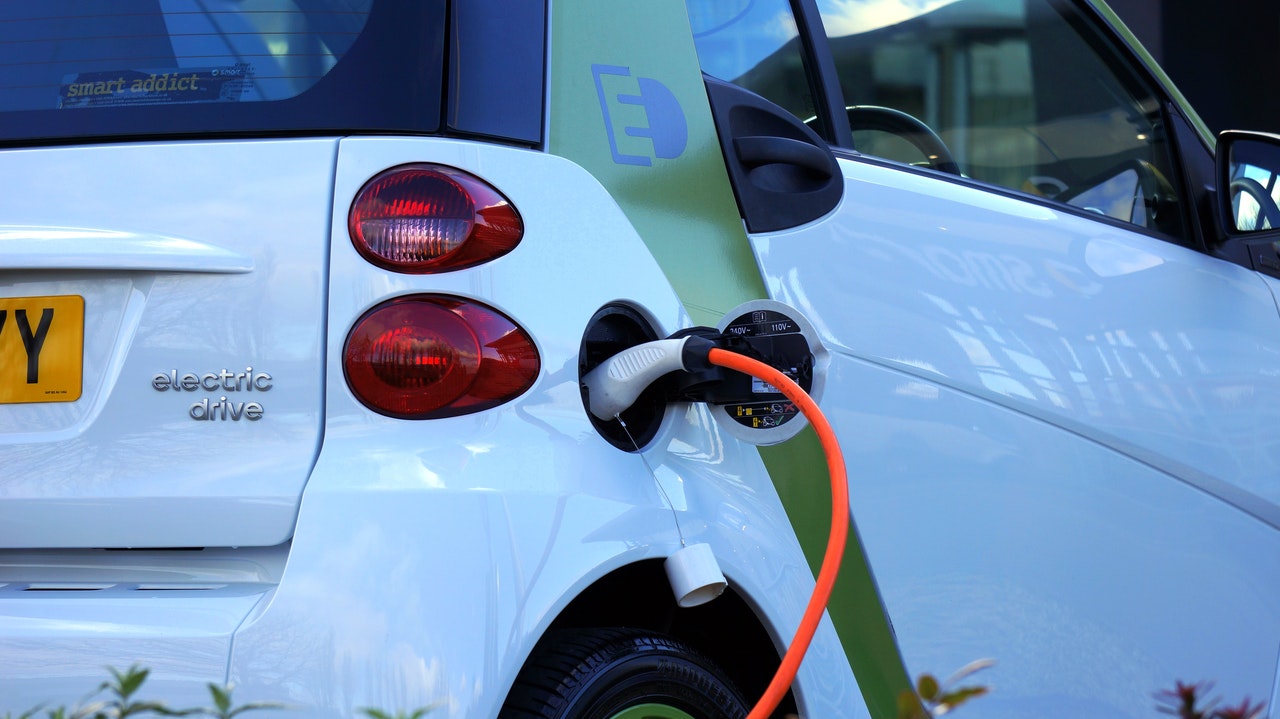California Governor Gavin Newsom has ambitious electric vehicle ambitions for the state. California is the country’s biggest EV market, and the governor unveiled a $10 billion plan to transition the state to clean energy and have people driving EVs on Jan. 26. However, as the Daily Bulletin of Southern California explains, when these EVs eventually wear out, no one appears to know how to manage or dispose of the old batteries.
This approaching issue has already been discussed on the website Jalopink.com. There are several options available depending on where you look and who you speak with. The United Kingdom, for example, seeks to recycle batteries by direct recycling, which would include utilizing ultrasonic waves to break down the cathode powder without destroying the battery itself, allowing it to be reused. Then, in early 2021, VW revealed a recycling strategy that included a specialized recycling site.
With all of the transition plans but little long-term thought, California seems to be in a hurry to transition to EVs. One of the reasons for this lack of preparedness, according to the co-founder of a local battery diagnostic firm called ReJoule, is a lack of awareness of how batteries function.
“There aren’t nearly enough individuals who understand (retired) batteries well enough to manage them appropriately,” said Zora Chung, co-founder of Signal Hill’s ReJoule Inc. “Ultimately, greater knowledge and a more efficient marketplace are required to re-deploy these batteries into a second-life use.”
ReJoule has devised a strategy for repurposing outdated batteries for solar storage. Meanwhile, the state has said nothing on battery recycling since late 2018. Assembly Bill 2832 was signed, establishing an advisory council to study battery recycling ideas. A report was completed in December, and public comments will be accepted until mid-February 2022.
Battery recycling may be hampered further by California’s stringent environmental regulations, since batteries have traditionally been classified as hazardous trash. The fact that we don’t know what happens to out-of-warranty batteries is a greater challenge. According to the advisory group’s findings, there is no practical method to monitor what happens to these batteries when they are removed from old cars, hence money should be used as an incentive to track the batteries:
Participants expressed worry that after cars and/or batteries are out of warranty, it is impossible to monitor or regulate what happens to them. Given the market-driven structure of the vehicle afterlife sector, transferring EOL batteries to a domestic reuse or recycling system basically hinges on whomever is handling the battery receiving some financial incentive or advantage for doing so.

